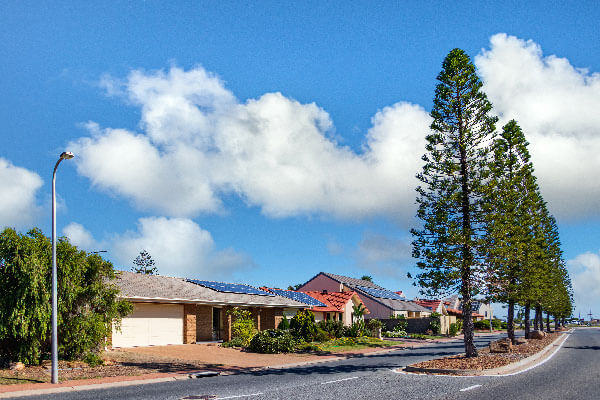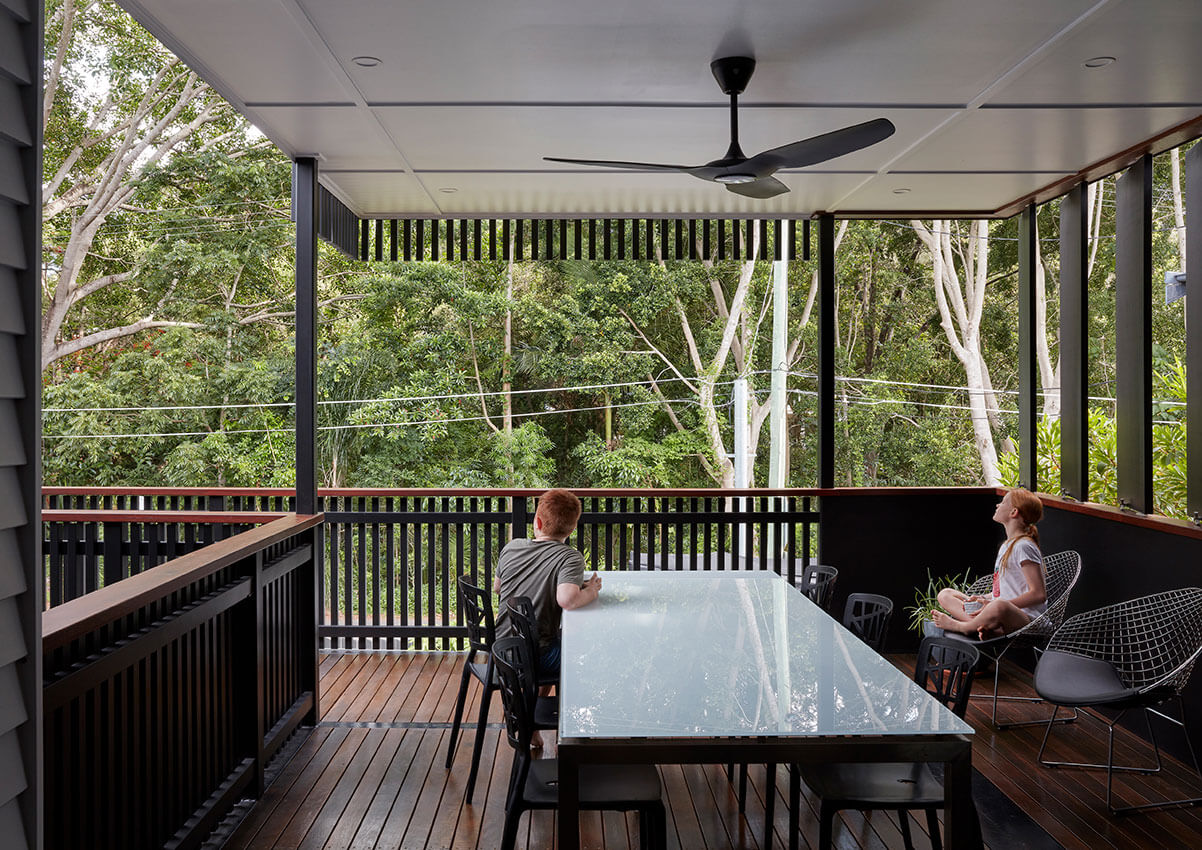The Victorian Chapter President of the Australian Institute of Architects, David Wagner FRAIA, has said that the Victorian Government needs to be commended for its leadership around the national table of building Ministers on Friday which helped achieve broad national agreement in adopting NatHERS 7-Star energy efficiency and the new Livable Housing Design Standard in the 2022 National Construction Code.
The move to greater energy efficiency will help take our built environment closer to the Institute goal of zero carbon operation and transition Australia more rapidly to the new carbon targets Australia committed to in June of 43% carbon emissions reduction below 2005 levels by 2030.
Sustainability Victoria has been preparing the building industry for change – training building and design practitioners about 7-Star – as well as running a comprehensive program of research to further improve the energy efficiency of Victorian homes. NatHERS 7-Star requirements include enhanced standards of air leakage, higher insulative standards and the elimination of thermal bridges.
The Victorian Government should also be commended for its advocacy on minimum liveability standards to ensure all of our homes built from now on will be more accessible. The new NCC Livable Housing Standard is based on Livable Housing Australia’s (LHA) Silver standard.
LHA’s standards include features such as wider doorways, eliminating thresholds into people’s homes, and providing for bedroom and bathroom areas in a dwelling’s entry level. The Institute strongly supports the progression of accessibility standards to the benchmarks of LHA’s gold and platinum standards.
The need for improved accessibility standards is apparent. According to Australian Bureau of Statistics (ABS) data, at least 142,000 Victorians in 2018 needed assistance with their mobility. By 2030 time, ‘baby boomers’ which the ABS defines as people born between 1946 and 1965, will have all reached retirement age and one in six people in Victoria will be aged sixty-five years or older.
Mr, Wagner said,
“It is clear that there is strong and practically supported policy commitment on climate action and liveability standards from the Premier, Planning and Energy Ministers which demonstrate a clear commitment to a sustainable future combined with respecting the rights of people, of all abilities, to have more choices about where they live. Designing our housing to be more energy efficient, more liveable, and accessible benefits everyone in our community.
Rosanne Barrett on behalf of the Australian Institute of Architects
M: 0425 420 024 | hello@barrettcomms.com.au


